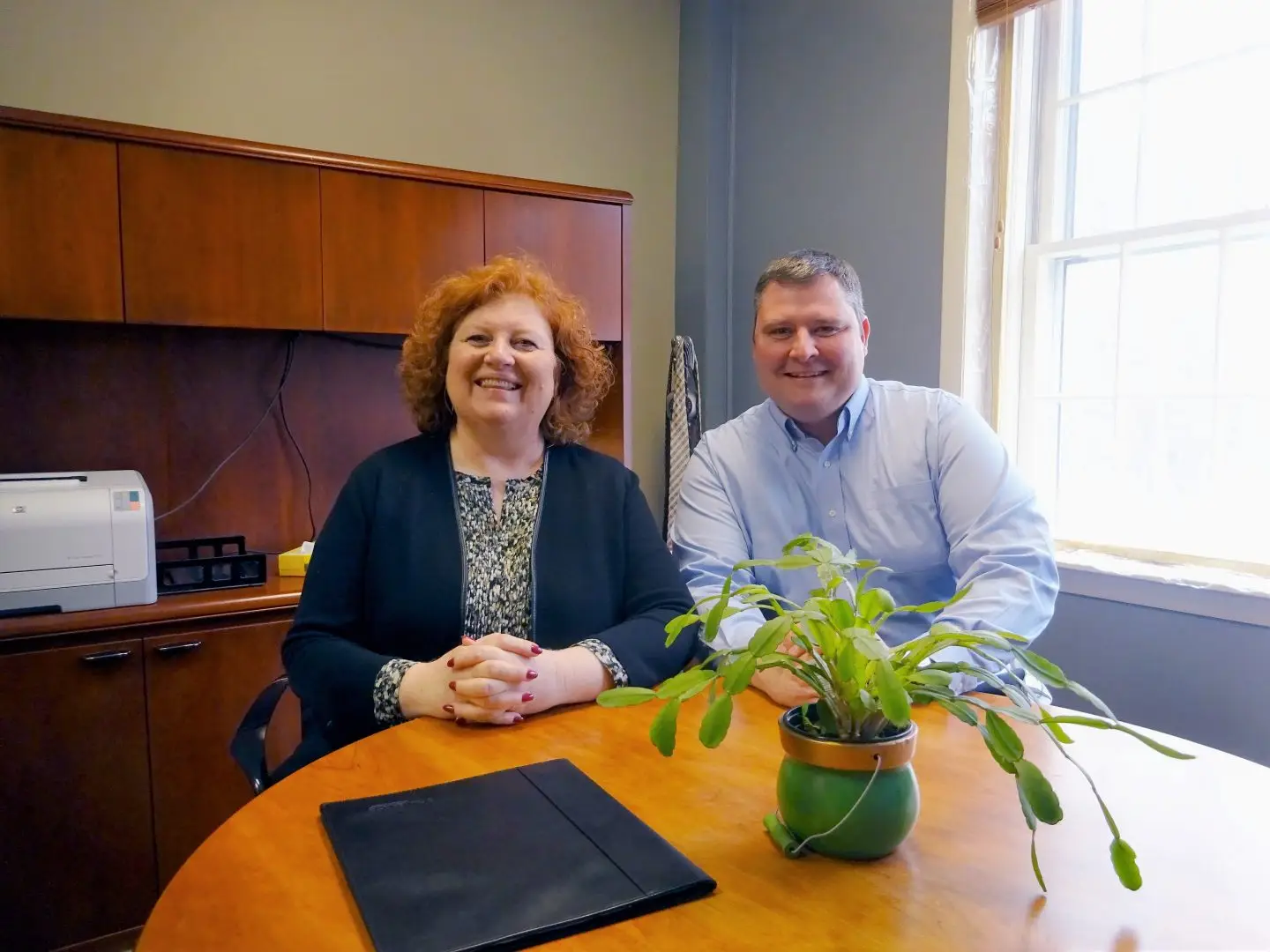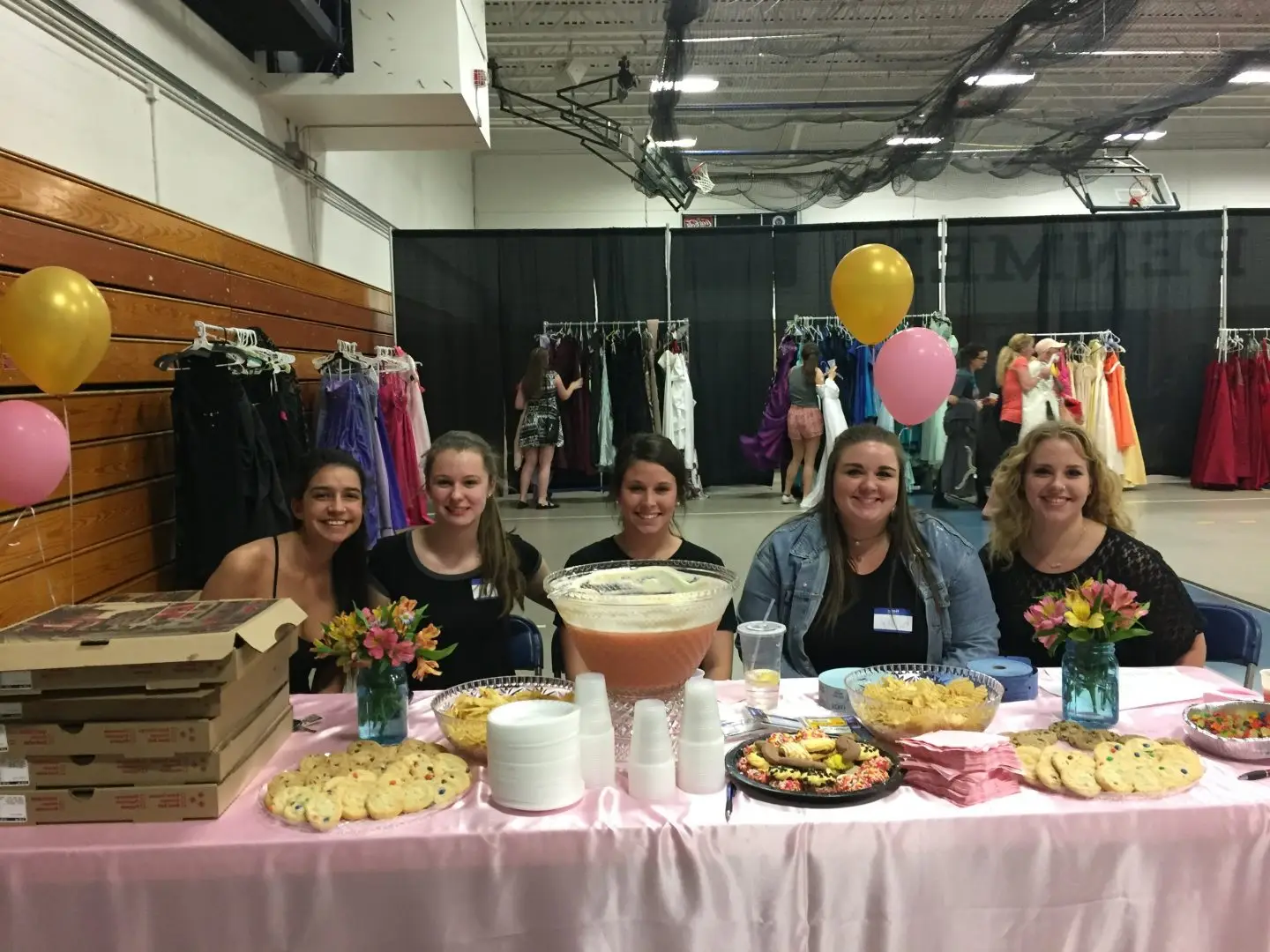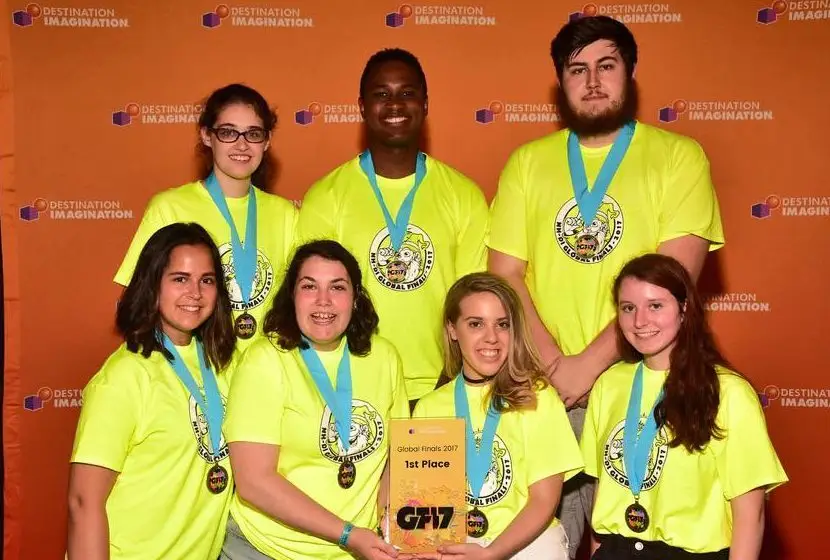Growing up, many people heard their parents say three things not to discuss at the dinner table: religion, politics and money. The new Muslim Student Association (MSA) is taking their lunchtime to talk about religion.
For those who do not know, MSA is a brand-new organization that had its first general meeting Wednesday, February 21. The club is open for both Muslim and non-Muslim students and aims to provide information on the Islamic faith and discuss stereotypes about Muslim people.
Club Secretary Katie Fiducia (’18) said, “It’s inclusive. Not only does it serve as the active Muslim community on campus, it serves as their active voice on campus.”
This first meeting was about both the new club and a discussion about women in Islamic society. When the event occurred, everybody was encouraged to keep an open mind to different ideas and to use statements such as “I think” or “I feel.”
The meeting started with a question on what people believed Islam is; it was followed by asking what religion is.
“In a way you are born into a community and your religion is a community,” said Event Coordinator Rachel Leviver (’21).
Other students had different responses, graduate student Alaa Sairafi said, “Islam the way I live and how I treat people the best I can. If I treat people well, they will treat me well.”
The next topic was on how people feel about hijabs. A hijab is a headscarf worn by some Muslim women as a sign of modesty and is used to feel more devout as they practice Islam. The headscarf resembles other head coverings in other religions, such as a Sikh Turban or a Jewish Mitpachat. MSA had both hijabi and non-hijabi students discuss the topic.
Graduate student Bello Kaotharat, a student who does not wear a hijab, said “while not wearing a hijab makes me work harder to represent Islam, I am still a Muslim and still a person.”
Students also stated that whether or not someone wears a hijab, they are still prone to face the assumptions of others.
Kaotharat also describes the hijab as “an external representation of Islam. The hijab is not a necessity to me, as I represent Islam internally with love and compassion for others.”
At the end of the meeting, the attendees expressed their thoughts on the first meeting along with their favorite aspects of the club.
Club president Shukria Shinwari (’18) said she was “overall very happy and proud to be a part of it” and “would love to see MSA grow as it is for both Muslim and non-Muslim students and is exactly what SNHU needs in the current political climate.”




